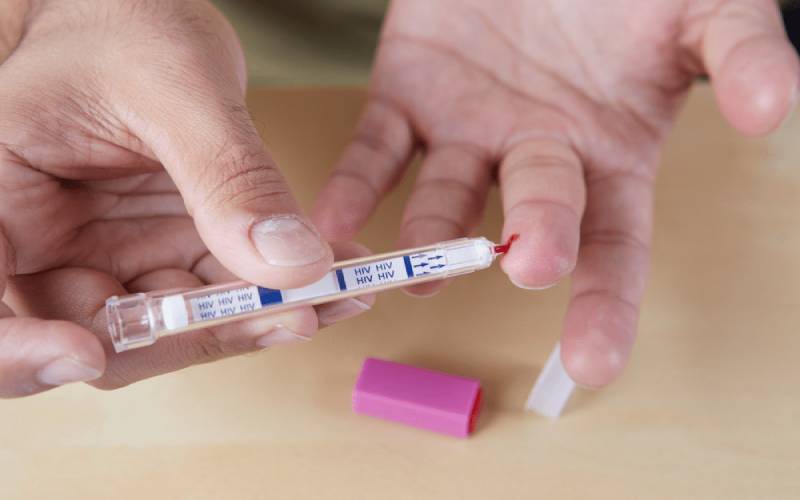
While the world is shifting significant energy and resources into fighting the Covid-19 pandemic, the threat of HIV still remains. Today, being the international world AIDS day with a theme - End inequalities. End AIDS. End Pandemics; it is important to remind ourselves that when a new pandemic comes it may not take away the severity of the existing pandemic nor does it prevent other pandemics from pushing their way into the world.
Kenya's population-based HIV impact assessment revealed that Kenya had a prevalence of 4.9 per cent in 2018. Please remember that these figures represent people within our borders and we are all called to be in our physical, emotional, psychological, and even spiritual touch of this realism. We are all in this together!